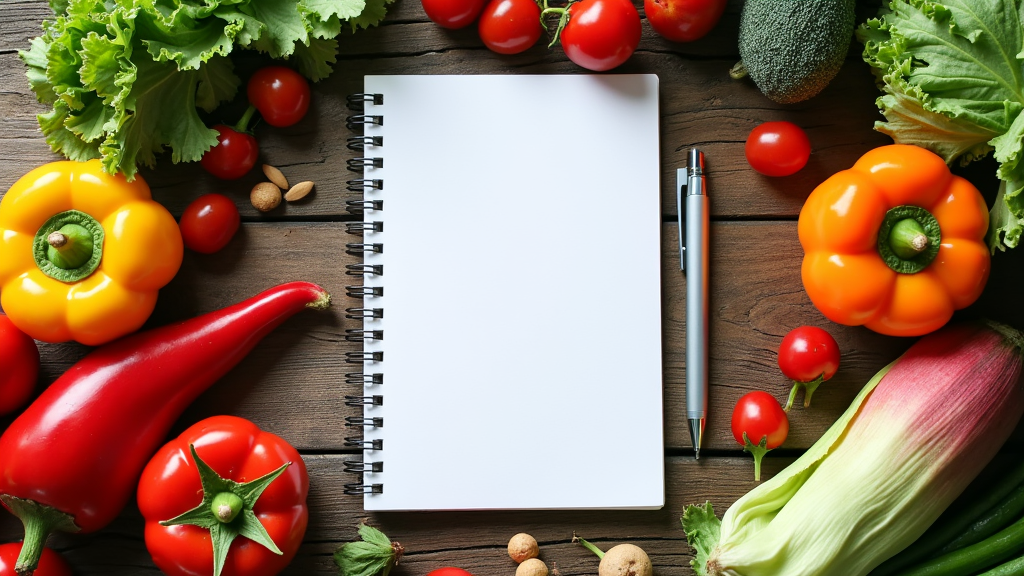Journaling is a valuable tool for gaining insight into eating habits, helping to identify patterns, emotions, and behaviors linked to food choices. By recording meals and the circumstances surrounding them, individuals can make more informed and healthier decisions over time.

Key Components of a Food Journal
A comprehensive food journal includes:
- Meal Records: Documenting what and when you eat, along with portion sizes.
- Emotional Check-ins: Tracking emotions before and after eating to identify triggers for cravings or overeating.
- Hunger Levels: Noting hunger and fullness cues to distinguish between physical and emotional eating.
- Environmental Influences: Observing surroundings and social settings that affect eating habits.
Getting Started
To develop a sustainable journaling habit:
- Choose a Format: Use a notebook, digital document, or a food-tracking app.
- Establish a Routine: Set a daily time to update your journal.
- Be Consistent: Record all meals and snacks honestly.
- Review Regularly: Analyze patterns and adjust eating behaviors accordingly.
- Stay Objective: Treat the journal as a tool for growth rather than self-criticism.
Overcoming Common Challenges
- Consistency Issues: Set reminders or link journaling to another daily habit.
- Emotional Barriers: Focus on learning rather than judgment.
- Too Much Detail: Start simple and expand over time.
- Missed Entries: Resume without guilt; the goal is progress, not perfection.
Advanced Strategies
- Identify Emotional Triggers: Recognize stress or boredom-related eating.
- Experiment with Formats: Switch between paper and digital tools.
- Set Goals: Track progress on specific dietary improvements.
- Plan Meals in Advance: Use the journal for meal planning to encourage balanced choices.
- Reflect Weekly: Review past entries to adjust eating habits effectively.
FAQs on Food Journaling
- How often should I update my journal? Daily updates are ideal for capturing accurate details.
- What if I miss a meal entry? Resume without stress; consistency over time is key.
- Can journaling help with emotional eating? Yes, recognizing patterns helps in managing emotional food triggers.
- Which format works best? The best format is one that feels convenient and encourages consistency.
Final Thoughts
Food journaling fosters mindfulness and long-term habit change. By tracking meals, emotions, and eating patterns, individuals can develop healthier relationships with food. The key is honesty, consistency, and self-reflection—helping to build sustainable, mindful eating habits over time.


